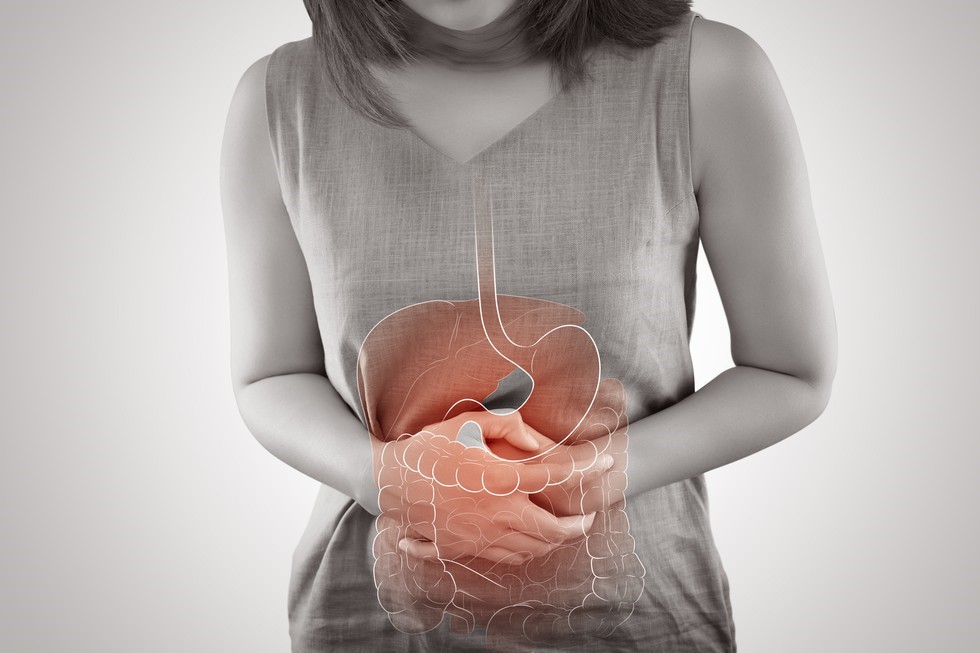
Inflammatory Bowel Disease (IBD)

03.04.2025
Inflammatory Bowel Disease (IBD)
|
For Prelims: About Inflammatory Bowel Disease (IBD) |
Why in the news?
Jipmer recently launched a support group for patients with Inflammatory Bowel Disease (IBD).
About Inflammatory Bowel Disease (IBD):
- It is an umbrella term for a group of conditions that cause swelling and inflammation of the tissues in the digestive tract.
- The most common types of IBD include:
- Ulcerative colitis. This condition involves inflammation and sores, called ulcers, along the lining of the colon and rectum.
- Crohn's disease:
- In this type of IBD, the lining of the digestive tract is inflamed.
- The condition often involves the deeper layers of the digestive tract.
- Crohn's disease most commonly affects the small intestine.
- However, it also can affect the large intestine and, uncommonly, the upper gastrointestinal tract.
- Symptoms: Symptoms of both ulcerative colitis and crohn's disease usually include belly pain, diarrhea, rectal bleeding, extreme tiredness, and weight loss.
- Causes: The exact cause of IBD is unknown, but IBD is the result of a weakened immune system. Its possible causes are:
- The immune system responds incorrectly to environmental triggers, such as viruses or bacteria, which cause inflammation of the gastrointestinal tract.
- There also appears to be a genetic component. Someone with a family history of IBD is more likely to develop this inappropriate immune response.
Treatment:
- IBD is a chronic or long-term condition, but there are treatments available to ease symptoms and prevent flare-ups.
- IBD treatment usually involves either medicines or surgery.
Source: The Hindu
What is Crohn's disease?
A.A rare skin disorder that causes excessive dryness and itching.
B.A neurological condition that impacts memory and cognitive function.
C.A chronic inflammatory disease that affects the digestive tract.
D.A type of viral infection that affects lung capacity.
Answer C